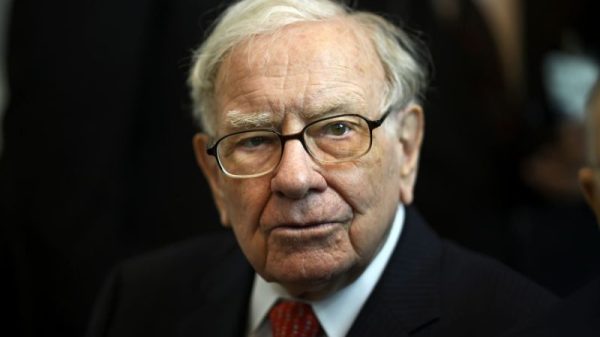In a move that has left many industry insiders buzzing, CVS Health is reportedly considering a breakup of its business, a decision that could have far-reaching implications for both the company and the larger healthcare landscape.
The potential breakup comes as CVS faces mounting pressure from investors to unlock value and improve its stock performance. The company’s stock has underperformed compared to its peers in the healthcare sector, prompting some shareholders to agitate for change.
One of the key drivers behind the breakup proposal is the belief that CVS’s diverse portfolio of businesses may be holding the company back. By splitting into separate entities, CVS could potentially streamline its operations, focus on core strengths, and create more value for shareholders.
However, the decision to break up the company is not without risks. CVS is a major player in the healthcare industry, with a vast network of retail pharmacies, a leading pharmacy benefits manager (PBM), and a growing health insurance business. A breakup could disrupt these integrated operations, potentially leading to increased costs, operational inefficiencies, and lost synergies.
Furthermore, CVS’s multifaceted business model has allowed the company to adapt to changing market dynamics and diversify its revenue streams. By breaking up the company, CVS could lose the strategic advantages that come from having a diversified portfolio of businesses.
Another concern is the potential impact on consumers. CVS’s integrated model has enabled the company to offer unique services and products, such as its MinuteClinic walk-in clinics and HealthHUBs, which provide comprehensive healthcare services under one roof. A breakup could disrupt these offerings and make it more challenging for consumers to access the same level of integrated care.
Moreover, the healthcare industry is undergoing a period of rapid transformation, with increasing pressure to lower costs, improve outcomes, and enhance the patient experience. In this challenging environment, CVS’s integrated business model could be a competitive advantage, enabling the company to offer innovative solutions that address the evolving needs of patients and payers.
Ultimately, the decision to break up CVS Health is a complex one that requires careful consideration of the potential risks and rewards. While a breakup could unlock value and improve stock performance in the short term, it may also have unintended consequences and hinder CVS’s ability to compete in a rapidly changing industry. As CVS weighs its options, stakeholders will be watching closely to see how the company navigates this critical juncture in its evolution.


































